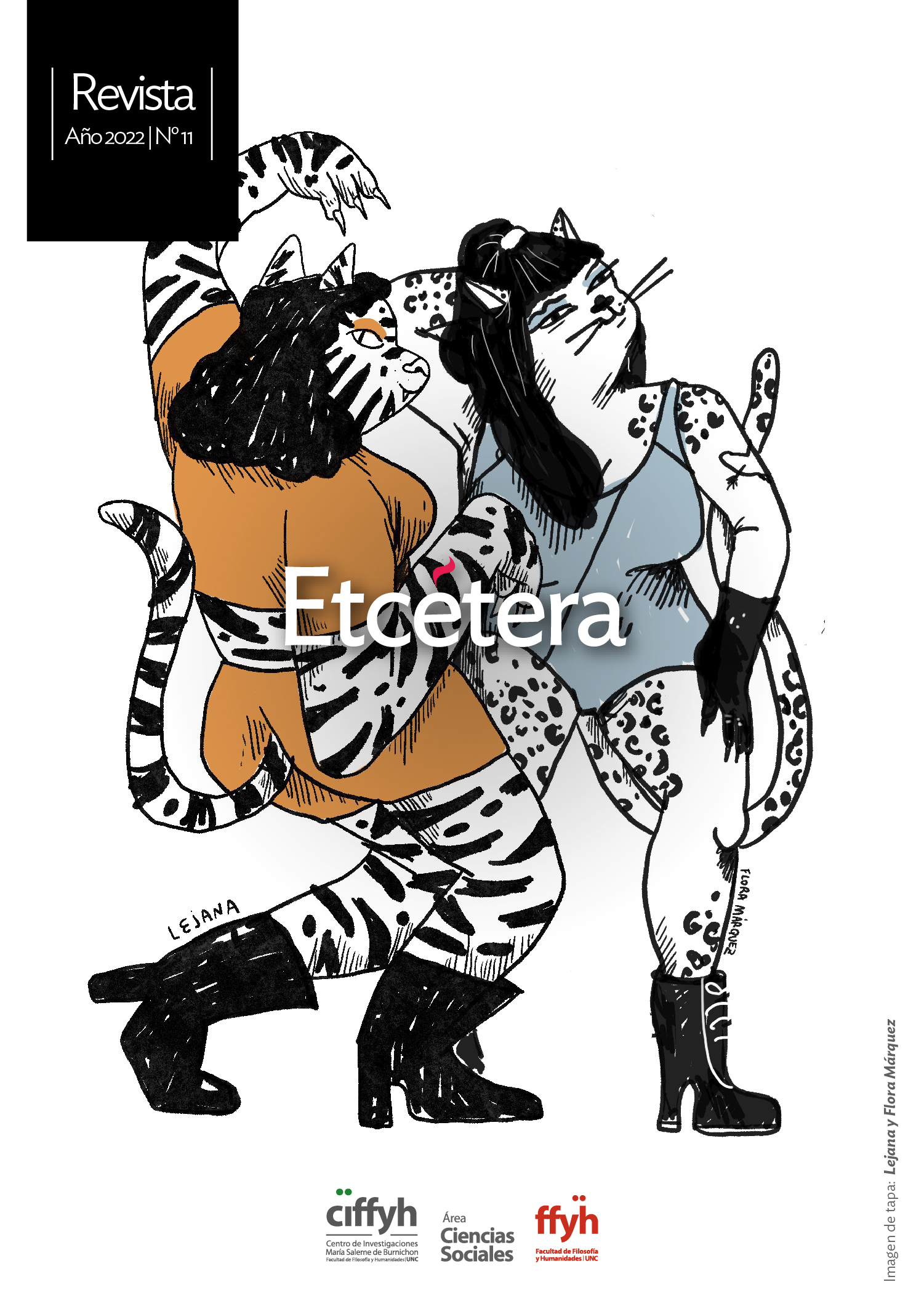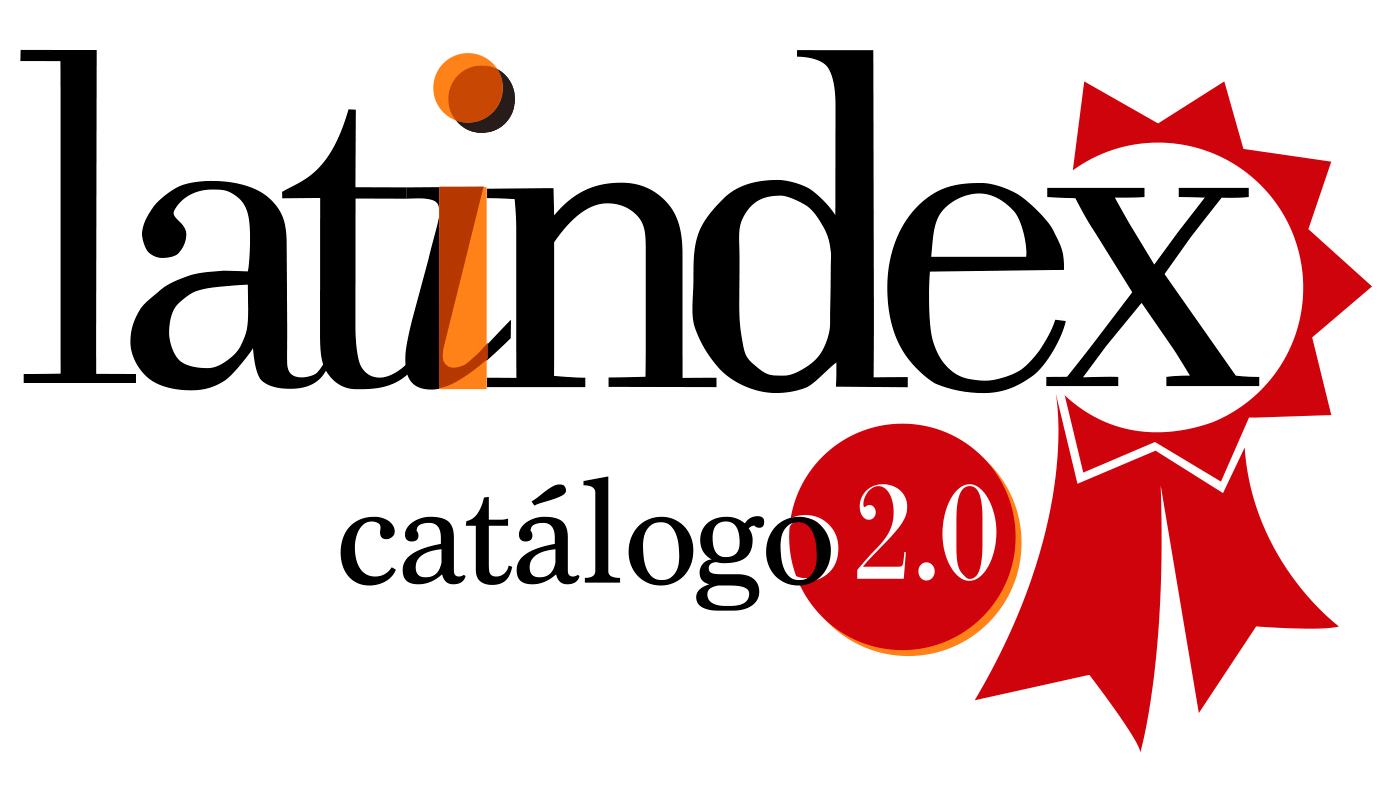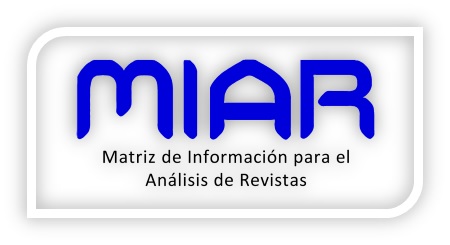"An animal that has tasted human flesh is not safe"
Body, anthropophagy and becoming-animal in Julia Ducournau's Grave
Keywords:
Becoming-animal, Anthropophagy, Body, MeatAbstract
This article presents an analysis of the film Raw (France-Belgium, 2016) by director and screenwriter Julia Ducournau through some theoretical coordinates that guide us towards the problem of animality and the question about the posthuman condition. Articulating scenes from the film, fragments of interviews with the director and conceptual categories, we propose a reading that emphasizes the way in which the becoming-animal represented by the film questions the existing limits between what we ascribe to the category of human and what remains outside. The film provides critical elements to articulate possible answers to the interrogation left open by the end of the anthropological dream diagnosed by Michel Foucault. In this context, the Deleuzian-Guattarian notion of becoming-animal emerges as a posthuman figuration capable of disarticulating the position of inequality-promoting sovereignty assumed by the anthropos. The becoming-animal illustrated by the film challenges the carnophalogocentric universal that structures Western subjectivity as well as the dualisms that are subsidiary to it. The anthropophagy embodied by the protagonist of the film proposes an alternative mode of bonding that consists in the hybridization with those non-human affects, forces and intensities that the modern subject insists on abjecting with the aim of enthroning reason. Thus, the possibility suggested by the film leads us in the direction of a manner of being-in-the-world that problematizes the sacrificial bond established with otherness.
Downloads
References
Adams, C. J. (2016). La política sexual de la carne. Una teoría crítica feminista vegetariana. Madrid: Ochodoscuatro.
Adams, C. J. (1991). Ecofeminism and the eating of animals. Hypatia, vol. 6, núm. 1, pp. 125-145. https://doi.org/10.1111/j.1527-2001.1991.tb00213.x
Andrade, O. (2001 [1928]). Manifiesto Antropófago. En: Escritos antropófagos. Buenos Aires: Corregidor.
Cragnolini, M. B. (2020). Carne sobre carne: de la carne de la mujer y de la carne del animal. En: Geirola, G. (comp.), La elocuencia del cuerpo. Ensayos en homenaje a Isabel Sarli, pp. 179-201. Buenos Aires: Argus-a.
Cragnolini, M. (2016). Esa enfermedad en la piel de la tierra que es “el hombre”. Estudios Nietzsche. Revista de la Soc. Española de Estudios sobre Friedrich Nietzsche, núm. 16, pp. 13-25. https://doi.org/10.24310/EstudiosNIETen.vi16.10813
Deleuze, G. (1987). Foucault. Barcelona: Paidós.
Deleuze, G. y Guattari, F. (1988). Mil mesetas. Capitalismo y esquizofrenia. Valencia: Pre-Textos.
Deleuze, G. y Parnet, C. (1980). Diálogos. Valencia: Pre-Textos.
Derrida, J. (2008). El animal que luego estoy si(gui)endo. Madrid: Trotta.
Derrida, J. (2005). “Hay que comer” o el cálculo del sujeto / Entrevista por J. L. Nancy. Revista Confines, núm. 17, pp. 149-170.
Ducournau, J. (2017a). “Raw is a comedy, drama and horror crossover” / Entrevista por J. Shepherd. PressReader. https://www.pressreader.com/india/the-sunday-guardian/20170402/282690457035822
Ducournau, J. (2017b). Interview with director Julia Ducournau for “Raw” / Entrevista por B. Hayes. Movies.ie. https://www.movies.ie/interview-director-julia-ducournau-raw
Ducournau, J. (2017c). It’s Still In Us: Julia Ducournau on “Raw” / Entrevista por M. Fagerholm. Roger Ebert. https://www.rogerebert.com/interviews/its-still-in-us-julia-ducournau-on-raw
Ducournau, J. (Directora). (2016). Grave [Voraz]. [Película]. Francia-Bélgica: Petit Film; Rouge International; Frakas Productions; Ezekiel Film Production; Wild Bunch.
Foucault, M. (2002). Las palabras y las cosas. Una arqueología de las ciencias humanas. Buenos Aires: Siglo XXI.
Freud, S. (1986 [1927]). El porvenir de una ilusión. En: Obras Completas, vol. XXI, pp. 1-56. Buenos Aires: Amorrortu.
Freud, S. (1986 [1913]). Tótem y tabú. Algunas concordancias en la vida anímica de los salvajes y de los neuróticos. Obras Completas, vol. XIII, pp. 1-164. Buenos Aires: Amorrortu.
Freud, S. (1978 [1905]). Tres ensayos de teoría sexual. Obras Completas, vol. VII, pp. 109-224. Buenos Aires: Amorrortu.
Goddard, J. C. (2016). Metafísicas caníbales. Viveiros de Castro, Deleuze y Spinoza. Cuadernos de Filosofía Latinoamericana, vol. 37, núm. 114, pp. 205-211. https://revistas.usantotomas.edu.co/index.php/cfla/article/view/3142
Jáuregui, C. (2012). Anthropophagy. En: McKee Irwin, R. y Szurmuk, M. (eds.), Dictionary of Latin American Cultural Studies, pp. 22-28. Florida: University Press of Florida.
Le Breton, D. (2009). Éste es mi cuerpo. Comer carne humana. Boletín de Antropología de la Universidad de Antioquia, vol. 23, núm. 40, pp. 395-408. https://doi.org/10.17533/udea.boan.6491
Oneto, P. D. (2011). Geofilosofia e antropofagia: Esboço de leitura deleuzo-guattariana do pensamento modernista de Oswald de Andrade. Periferia, vol. 3, núm. 1. https://doi.org/10.12957/periferia.2011.3408
Rolnik, S. (2006). Antropofagia zombie. Brumaria, núm. 7, pp. 183-202.
Sade, D. A. F. (1999 [1791]). Justine o los infortunios de la virtud. Barcelona: Cátedra.
Scherbosky, F. (2010). La subjetividad antropofágica: Aportes para una concepción devorativa de la vida. Estudios de Filosofía Práctica e Historia de las Ideas, vol. 12 núm. 2, pp. 23-31.
Windsor, J. (2015). Desire lines: Deleuze and Guattari on molar lines, molecular lines, and lines of flight. New Zealand Sociology, vol. 30, núm. 1, pp. 156-171.
Downloads
Published
How to Cite
Issue
Section
License
Copyright (c) 2022 Etcétera. Revista del Área de Ciencias Sociales del CIFFyH

This work is licensed under a Creative Commons Attribution-NonCommercial-ShareAlike 4.0 International License.
Aquellos autores/as que tengan publicaciones con esta revista, aceptan los términos siguientes:
- Los autores/as conservarán sus derechos de autor y garantizarán a la revista el derecho de primera publicación de su obra, el cuál estará simultáneamente sujeto a la Licencia de reconocimiento de Creative Commons que permite compartir, copiar, distribuir, ejecutar y comunicar públicamente la obra, siempre que: 1) se cite la autoría y la fuente original de su publicación (revista, editorial y URL de la obra); 2) no se use para fines comerciales; 3) En caso que se transforme o genere una obra derivada a partir de esta obra, deberá compartise bajo las mismas condiciones establecidas por esta licencia.
- Los autores/as podrán adoptar otros acuerdos de licencia no exclusiva de distribución de la versión de la obra publicada (p. ej.: depositarla en un archivo telemático institucional o publicarla en un volumen monográfico) siempre que se indique la publicación inicial en esta revista.
- Se permite y recomienda a los autores/as difundir su obra a través de Internet (p. ej.: en archivos telemáticos institucionales o en su página web) luego de la publicacion del articulo, lo cual puede producir intercambios interesantes y aumentar las citas de la obra publicada. (Véase El efecto del acceso abierto).
- El titular del copyright es Etcétera. Revista del Área de Ciencias Sociales del CIFFyH.
















